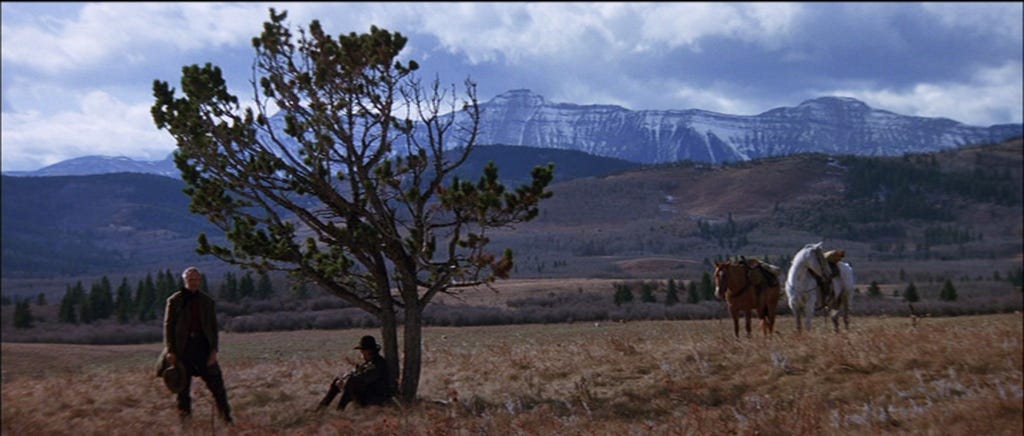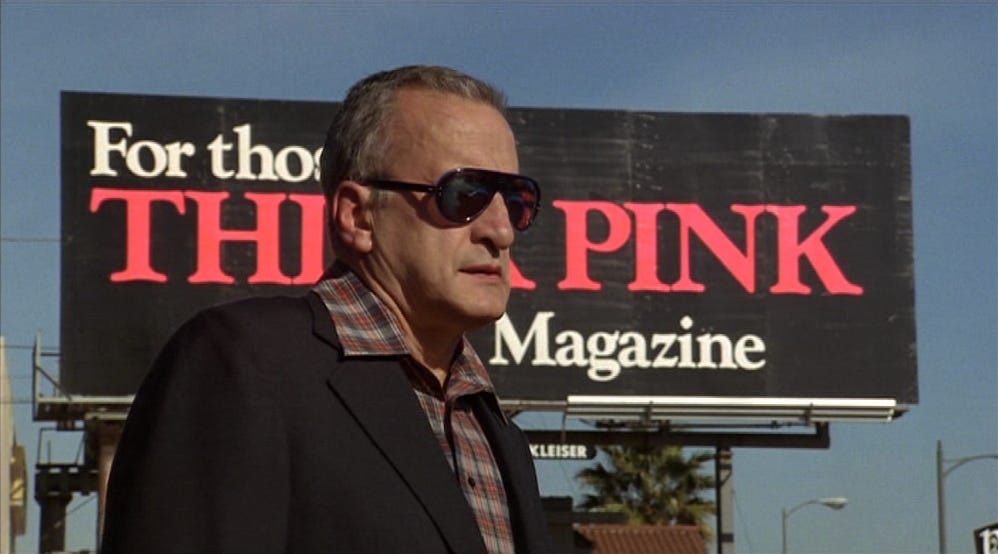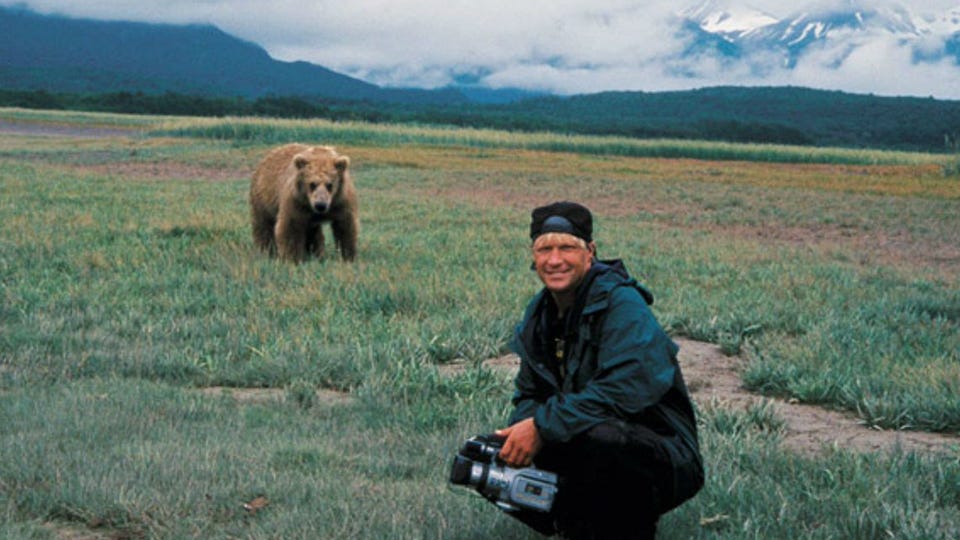August 2020 update
Some links to share, also the best films I've seen for the first time this month.
Dear reader,
There hasn’t been a lot of content on this Substack, but I can assure you that by next week, there will be something in the air. I’ve been working on a few other projects, hence I’m pretty busy. The next Reaction Shots will be spicy and informative, as usual.
I thank all and anyone who read anything I wrote here. If this is your first time you read this newsletter, I encourage you to sign up for my writings to be sent directly into your inbox. If you have signed up for free, thank you for your dedication. If you’re a subscriber, thank you for your dedication.
Good reads from me:
From now on, most of my content published after more than two months old will be locked for subscribers. If you are not a subscriber, you will miss out on full access to my self-published work, including the ability to comment on my pieces. (Seriously though, why would you want to wade through it all?) Some of them include:
My thoughts on cancel culture, which relates to the film Gone With The Wind, which in the wake of the American Unravelling, is complicated by its proponents. Those people, including John Ridley, are calling for streaming services to add content warnings to viewers unaware of its approach to race:
An essay by Angelica Jade Bastien from 2017 captures that component of Mammy. She argues that Hattie McDaniel’s imperfect, yet successful role paved the way for future black actresses like Mo’Nique for her role in 2009’s Precious. Yet McDaniel’s tangling relations with the black community for participating in a movie blatantly omits the experiences of slaves during the period that Gone With The Wind was set in. Interestingly enough, Bastien raises the opinion that 12 Years A Slave was more watchable for the white liberal demographic because of how distant the violence was, whereas Gone With The Wind allows the same audience to introspect its excesses when they choose to take the time. The timing of these releases is crucial. It indicates that the culture of 2013 significantly evolved from that of 1939. Given that 12 Years is so brutal to watch on screen, whereas Gone With The Wind is hard to think about, it’s clear that the experiences of slavery would be either simplistic or complex to some, but not all.
My discussion with Ben Sixsmith about the pleasures of watching Three Colors Blue for July’s Film Club:
Ben Sixsmith: Oh, yes, Binoche conveys a lot with a little, which is priceless in this particular film. It was a very natural performance given that she had been the doe-eyed Tereza in The Unbearable Lightness of Being just five years before. Certainly, she wrestles with her conscience, which prevails. But her failure to achieve her goal of isolation is not just a moral thing. It is a matter of self-interest. We are social animals after all. That is an overarching theme of Three Colours: we cannot trust each other, and we cannot understand each other, but we need each other.
My last piece, where I broke away from watching movies, where I looked at Ben Shapiro and his sanctimonious reaction to WAP, which is a symptom to the sanctimony within the song’s discourse. So far, it’s the most read article since starting the Lack of Taste in July:
The level of criticism has been fair for Shapiro, but people should not be surprised that people of his ilk would be averse to music that doesn’t match their conception of modernity. At its core, hip hop can be hedonistic, wear excesses upon its sleeves, and glorify a criminal culture and bad boy conquests, like having multiple women lust over you through one video. One thing that has been interesting is how the right-wing response has shifted, to the point that some conservatives (nee Shapiro) have come to accept it.
I also explore some of Christopher Nolan’s movies in the lead up to Tenet, including Dunkirk, which I read as a pandemic movie was my favorite thing to write about:
Comparing a pandemic to war can only make sense in terms of instinct. People make that analogy all the time, from Presidents to writers, because it implies that nations are attacked for their indemnity, without assessing how much collateral damage there is. But it’s understandable to respond like this where there is so much uncertainty. As you watch Dunkirk, it’s a war movie in the least conventional sense. You cannot see the enemy, and it strips much of its power. Much like the virus, it does not discriminate against any other soldier, except for the fact they’re either French or English. In particular, one Frenchman, who followed wherever the mole went, is held at gunpoint by a platoon for being a traitor, as the Germans shoot them). In effect, the characters’ anxiety is emphasized more than military strategies.
You can find my writings elsewhere, not just here. In July, here’s my debut at Quillette, I wrote about William Friedkin’s Cruising, forty years after its release. This was an old Rebeller piece, which was paywalled, and was briefly on the newsletter for a while, but now it is free to read. Speaking of “was briefly on the newsletter for a while”. I moved my F-Bomb column, originally and also a Rebeller product, to Splice Today, which is on the first film to receive the F Cinemascore.
Good reads from them:
Not a lot of good film reads out there. But at Commentary, Terry Teachout writes about the influence of Max Steiner, the composer behind many films at RKO Pictures, which includes the likes of Casablanca, Gone With The Wind and King Kong.
Oliver Traldi, who I had for this month’s Film Club, had several good book reviews, but his take on Helen Pluckrose and James Lindsay’s book Critical Theories is measured and critical of anti-woke takedowns, without being shrill and hysterical about it.
I haven’t been a huge fan of The New Republic, but their cover story on the Right’s response to coronavirus, written by Ari Schulman - an editor of the center-right science journal The New Atlantis - is a fascinating exploration of the contrarianism against the science of it.
In a long, but data-driven piece, Zach Goldberg at Tablet explores the crucial keywords that resulted in the awokening of mainstream media, like The New York Times and CNN.
I’ll have a roundup of all the movies I’ve watched throughout the month, but for now, I’ll share you five of my favorite films I’ve seen for the first time in August 2020:
Unforgiven (1993) - dir. Clint Eastwood

Hardcore (1979) - dir. Paul Schrader

The Life and Death of Colonel Blimp (1943) - dir. Michael Powell and Emeric Pressburger

The Exterminating Angel (1962) - dir. Luis Bunuel

Grizzly Man (2004) - dir. Werner Herzog

Thanks for reading and I’ll see you in the next instalment.

